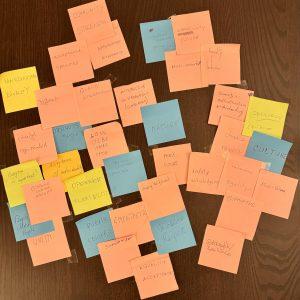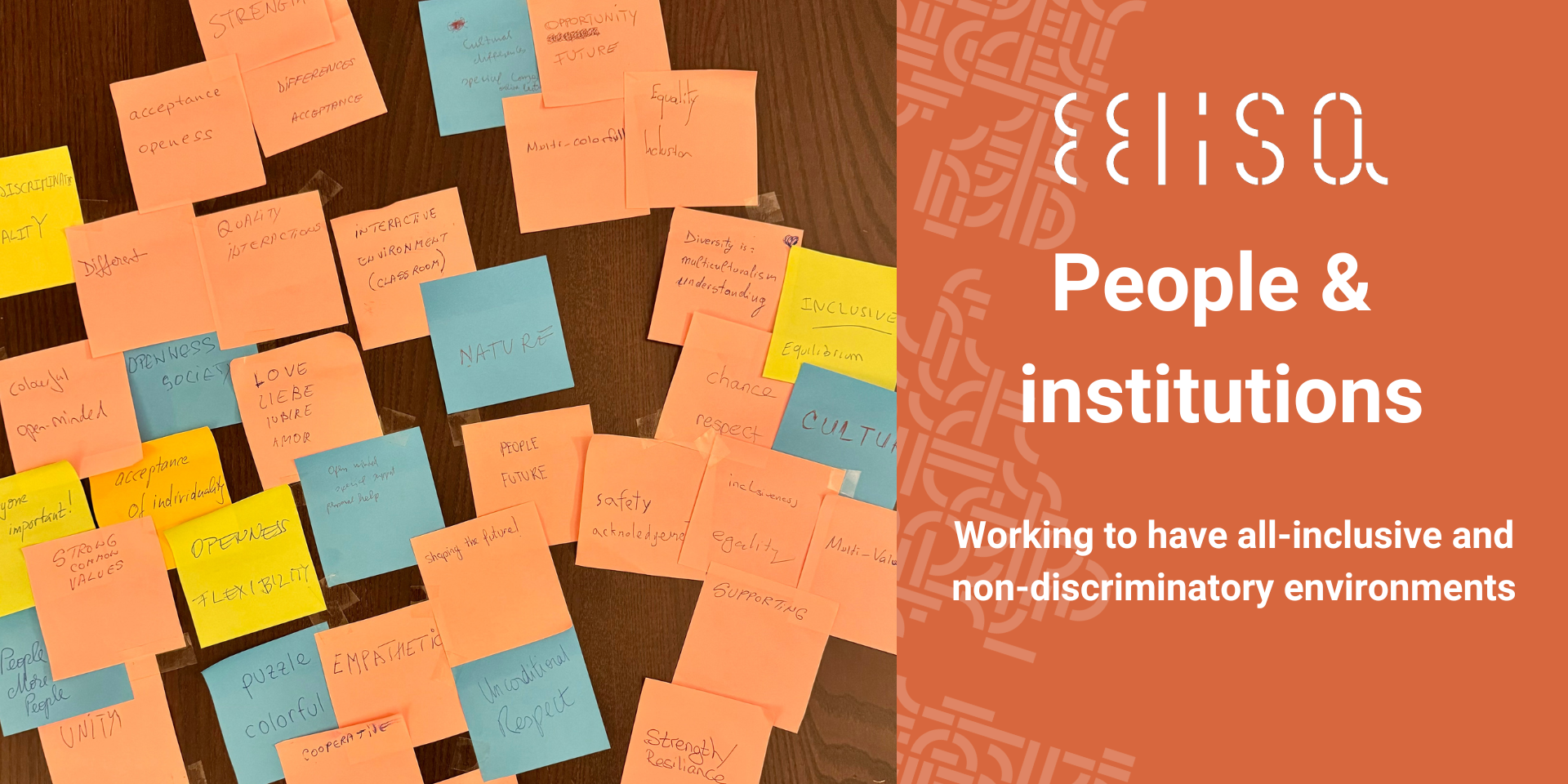Last 5th and 6th October, different people from EELISA institutions gathered in Bucharest for the last stage of the I EELISA Diversity Award.
Months earlier, on the 31st May, EELISA InnoCORE launched a call for good practiceswith the aim of gathering examples of actions put in place by individual researchers and research structures (groups, departments, laboratories, centres), staff and students, promoting diversity within teams, and thus, fostering the existence of diverse and inclusive research and innovation communities.
Via this call, EELISA gathered a collection of case studies, with examples covering all the different dimensions of diversity object of the call: disability; ethnic/cultural/migration background; socio-economic background; sexual identity; education background; caring responsibilities; religious background/beliefs; and age.
The case studies collected covered also a wide range of purposes and target groups: some were initiatives put in place by students to help their peers; some other initiatives were implemented by academic staff to foster diversity and create more welcoming research environments among peers; by academic staff to help their peers deal with diversity in the classroom; by academic staff to create a culture of values and raise-awareness among their students; initiatives put in place by both academic staff and students to bring research and higher education closer to disadvantaged groups; or actions to help people with disabilities.
Out all the good practices received, EELISA Gender and Diversity work group selected eight finalists who presented their case study in a five-minute pitch during a session on 5th October in the I EELISA International Conference.

After the presentations, the finalists engaged in a debated moderated by Maria Cristina Dijmarescu, from UNSTPB, and participants were asked to collaborate defining “diversity” in a single word, while writing it down in posits displayed on a board.
The acceptance of individuality, the respect of individuals independent of their origin, aspect or beliefs, open-mindedness and empathy were some of the key concepts brought to the debate.
The winner of the award was Hatice Köse, with the good practice ‘Assistive systems for children with disabilities’. She is the founder of cognitive and social robotics group, mainly focused on the use of social robots and Artificial Intelligence based approaches for the development of assistive systems for children with disabilities. Prof. Kose and their group work with children with autism, children with hearing impairments and children with CP and their families, therapists, and teachers to develop robotic and AI based solutions to support their education and health. Learn more about the winner project here.
In addition to the award, EELISA InnoCORE has mapped EELISA partners’ practices regarding diversity via a survey. You can find a detailed analysis of the surveys run together with the collection of good practices gathered via the call as well as examples of good practices put in place at institutional in the following report: EELISA Diversity policies and practices.

